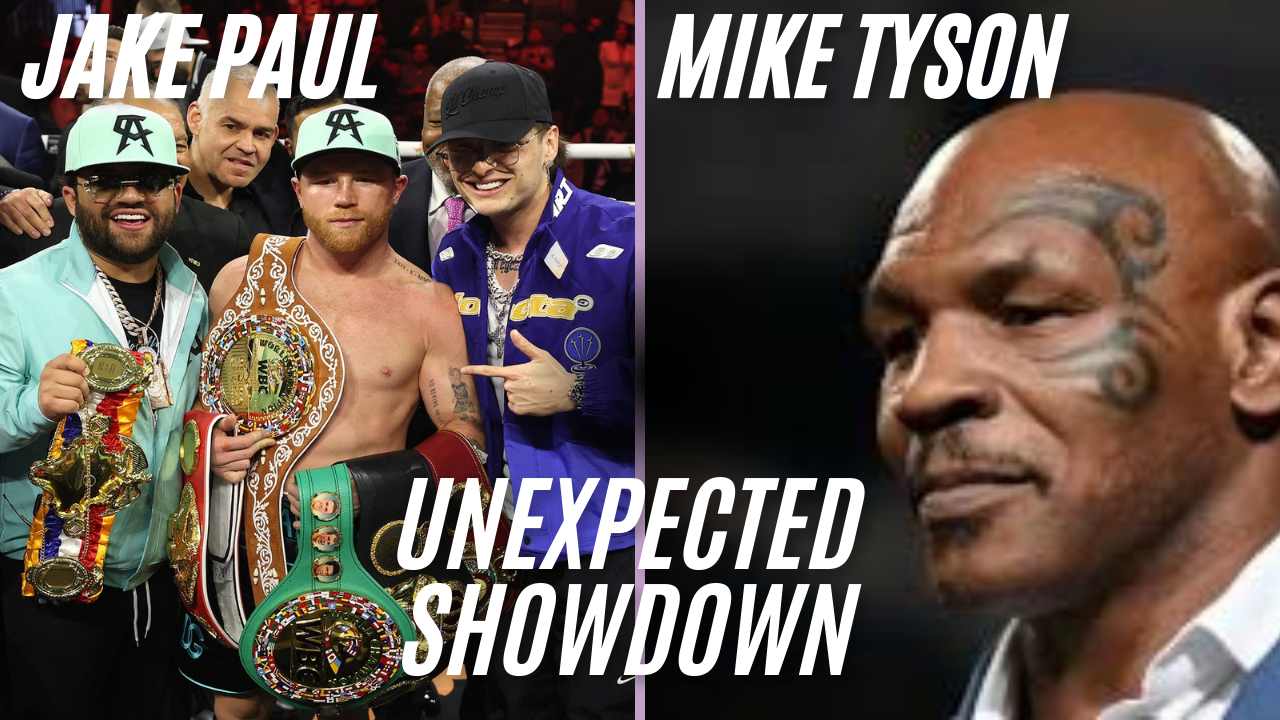Squid Game: The Phenomenon Capturing Global Attention
“Squid Game” has become a cultural sensation, captivating audiences worldwide with its unique blend of suspense, drama, and social commentary. This South Korean series, created by Hwang Dong-hyuk, premiered on Netflix in September 2021 and quickly skyrocketed to global fame. In this blog post, we’ll explore the various elements that make “Squid Game” a standout hit and delve into its widespread impact.
The Plot of Squid Game
“Squid Game” revolves around a deadly competition in which 456 participants, all struggling with financial difficulties, are invited to play a series of children’s games with a deadly twist. The grand prize? A staggering 45.6 billion won (approximately £28 million). The stakes are high: each game has fatal consequences for those who fail to advance. This brutal yet captivating premise has gripped viewers from the very first episode.The protagonist, Seong Gi-hun, is a down-on-his-luck chauffeur with mounting debts. As the story unfolds, we learn about the backgrounds and motivations of various other contestants, adding depth and complexity to the narrative. “Squid Game” masterfully balances character development with intense action, making it a compelling watch from start to finish.
Social Commentary in Squid Game
One of the most compelling aspects of “Squid Game” is its biting social commentary. The show offers a stark critique of capitalism and the desperation it can breed. The contestants, driven to the brink by debt and poverty, are willing to risk their lives for a chance at financial freedom. This mirrors real-world issues, particularly in South Korea, where household debt is a significant concern.”Squid Game” also highlights the stark inequalities in society. The ultra-rich VIPs who bet on the outcomes of the games for their amusement are a stark contrast to the destitute players. This dynamic serves as a powerful metaphor for the exploitation and dehumanisation that can occur in capitalist societies.
Visual and Aesthetic Appeal
The visual style of “Squid Game” is another factor contributing to its success. The show’s production design is both whimsical and eerie, with brightly coloured sets that contrast sharply with the dark themes. The iconic costumes—brightly coloured tracksuits for the contestants and red jumpsuits with black masks for the guards—have become instantly recognisable symbols of the series.The use of traditional children’s games adds another layer of intrigue. Games like “Red Light, Green Light” and “Tug of War” are reimagined with deadly consequences, making them both familiar and terrifying. This creative twist on innocent pastimes is a key element of the show’s unique appeal.
The Global Impact of Squid Game
“Squid Game” has not only captivated audiences in South Korea but has also resonated with viewers around the globe. The series topped Netflix charts in numerous countries and sparked widespread discussions on social media. Its universal themes of desperation, survival, and human nature have struck a chord with a diverse audience.The show’s success has also led to a surge in interest in Korean culture and entertainment. South Korean dramas and films have been gaining international recognition for years, but “Squid Game” has taken this trend to new heights. The series has introduced many viewers to the rich storytelling and high production values that are characteristic of Korean media.
Merchandising and Popular Culture
The popularity of “Squid Game” has extended beyond the screen, influencing fashion, memes, and merchandise. The distinctive tracksuits worn by the contestants have become a popular costume choice for Halloween and themed parties. Additionally, various “Squid Game” inspired products, from board games to phone cases, have flooded the market.Memes and viral content related to “Squid Game” have also proliferated on social media platforms, further embedding the series into popular culture. These online phenomena contribute to the show’s enduring visibility and engagement with a broad audience.
Critical Reception and Awards
“Squid Game” has received critical acclaim for its storytelling, direction, and performances. Lee Jung-jae, who plays Seong Gi-hun, and Park Hae-soo, who portrays Cho Sang-woo, have been particularly praised for their compelling performances. The show’s creator, Hwang Dong-hyuk, has also been lauded for his vision and execution.The series has garnered numerous awards and nominations, further solidifying its place in television history. It has opened doors for more international projects to gain recognition and success on global platforms like Netflix.
The Future of Squid Game
Given the phenomenal success of “Squid Game,” there is considerable speculation about a potential second season. While creator Hwang Dong-hyuk initially intended for the series to be a one-off, the overwhelming demand from fans and the show’s global impact suggest that a continuation might be on the horizon.If a second season does materialise, it will be interesting to see how the story evolves and whether it can maintain the high standards set by the first season. Fans are eager to see more of the intricate games and deep social commentary that made the original series so compelling.
Conclusion
“Squid Game” is more than just a television show; it’s a cultural phenomenon that has resonated with audiences around the world. Its gripping plot, rich character development, and poignant social commentary have made it a standout success. As we await news of a possible second season, the legacy of “Squid Game” continues to grow, solidifying its place in the annals of television history.In every aspect, from its production design to its thematic depth, “Squid Game” exemplifies the power of storytelling and its ability to transcend cultural and linguistic barriers. Whether you’re a fan of thrilling dramas or thought-provoking social commentary, “Squid Game” offers something for everyone. Its influence on popular culture and its critique of societal issues ensure that it will remain a topic of discussion for years to come



























Leave a Reply